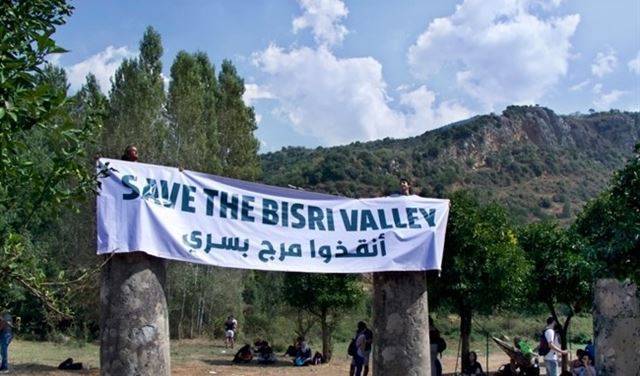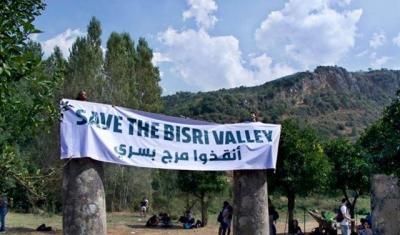Nothing is advancing ahead of the parliamentary elections. Lebanon has practically entered the orbit of these elections, with all political forces preparing to participate in the upcoming electoral event, unless any dramatic developments occur that might lead to its postponement. While the issue of the electoral "megacenter" was presented at the Council of Ministers, a decision on it has been postponed amid fears that it may be used as a pretext to delay the electoral event. Additionally, there are concerns regarding the funding for the voting mechanism of expatriates and the process of transferring votes. Information from "Anbaa" electronic news indicates that there is a Lebanese demand for necessary funding to transfer the votes, amounting to 156,000 US dollars, for which Lebanon is seeking external support.
With the preparations for the elections ongoing, discussions within the Sunni atmosphere continue, as no clear position has emerged on forming a political front capable of contesting the elections in a unified manner. Nawaf Salam has yet to provide a final and decisive answer regarding his intention to run in the elections. The electoral reality has been reflected in the Future Movement, following the resignation of the movement's deputy president, Mustafa Alloush. Reports suggest that Alloush's resignation came after he communicated with President Saad Hariri, expressing his conviction regarding the actions of President Fouad Siniora, and if it required him to resign, he was willing to do so. Alloush then inquired of Hariri about the recent statement from the Future Movement that prevented its members from participating in the elections, while Ahmad Hariri and Ahmad Hashimiyah were working on forming lists and negotiating with candidates. Hariri denied this and asked Alloush to wait and be patient, stating he would request everyone to halt these activities.
Following this, Alloush issued a statement supporting Siniora's movement, which prompted opposing stances against him within the Future Movement, leading to a campaign against him. Subsequently, Alloush reached out to Hariri, signaling his readiness to resign, to which Hariri responded that if Alloush intended to resign, he would be willing to accept it. Alloush then considered that he had submitted his resignation, which Hariri accepted and announced.
Following sources revealed that "the prevailing attitude today from Alloush is to run for elections in the Tripoli-Minya-Dinniyeh district, on a list that is beginning to take shape, likely including Sami Fetfah, Karim Kabbara (son of MP Mohammad Kabbara), Othman Alam-Eddin, Abdul Aziz Al-Samad, and Haitham Mbaid." The sources emphasized through "Anbaa" that "the potential candidacy of Alloush is driven by two main reasons: the demand from the popular base in Tripoli for his candidacy, and the necessity to prevent the Sunni arena from falling into disarray, especially amidst numerous attempts to attract it toward certain factions, along with the current lack of intention from President Najib Mikati to run." The sources stressed that "Alloush's position will not lead to a deterioration in his relationship with Hariri; on the contrary, it stems from his desire to protect Hariri."
All of this adds to the competing indicators in the overall electoral scene, which is starting to crystallize across all districts, as the countdown begins until the deadline for candidacy closes on March 15, paving the way for finalizing lists and alliances.
On another note, it was very surprising that the Council of Ministers tasked the Council for Development and Reconstruction with preparing a detailed study to assess the importance of the Basri Dam project and propose practical and technical solutions for it, despite the local residents, stakeholders, and environmental activists firmly rejecting this destructive project for the Marj Basri area. All scientific studies have proven the dangers posed by this dam if it is constructed.
However, what is particularly strange is that the team insisting on promoting it seems not to have learned from its failed experiences with dams that have not collected a single drop of water, the number of which has become tedious for the Lebanese, who are now using failed dams as examples that squandered treasury funds in political drains under the guise of reform, only to become a title for corruption. Is this the type of experience that this team aspires to replicate at Basri? In any case, scientific studies are available, along with proposals for solutions and alternatives, and Basri shall remain a natural reserve, no matter how much they try to distort and destroy it.




